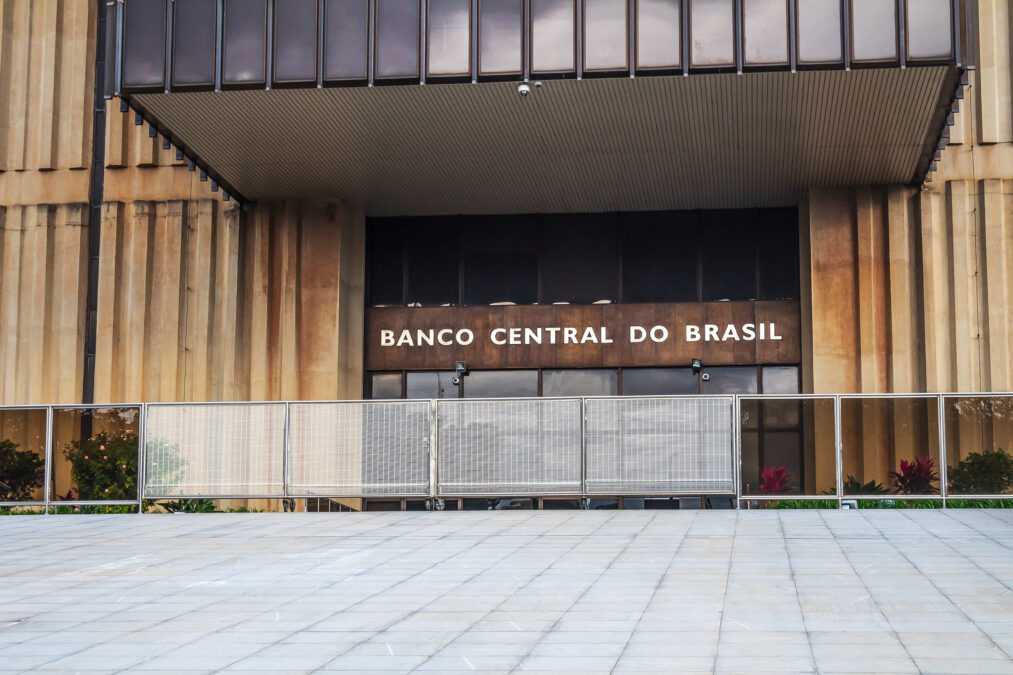Brazil's central bank forms working group to study digital currencies


The central bank of Brazil has set up a working group to study digital currencies, including their benefits and challenges.
The central bank said online payments have been growing in recent years and a digital currency would allow Brazilians to interact with their money entirely online.
A digital real would also help cut costs of issuing and maintaining banknotes and coins, said the central bank. The estimated cost of handling paper money in Brazil is around 90 billion reals (~$16 billion) per year, said the central bank, adding that it is usually between 1% and 2% of countries' gross domestic product or GDP.
While Brazil's central bank would study the impact of "eventual" issuance of digital currency, it may not issue one. "It is important to note...that the group's approval does not mean that the [central bank] will issue a digital currency," said Rafael Sarres de Almeida, an official of the central bank.
Almeida said the study would mainly help the central bank to "give society a response on the topic." The working group will also assess how digital currency can bring complementary benefits to Brazil's upcoming instant payment system, called Pix, in November.
Also Read: The Block Research's comprehensive report on global central bank digital currencies (CBDCs).






